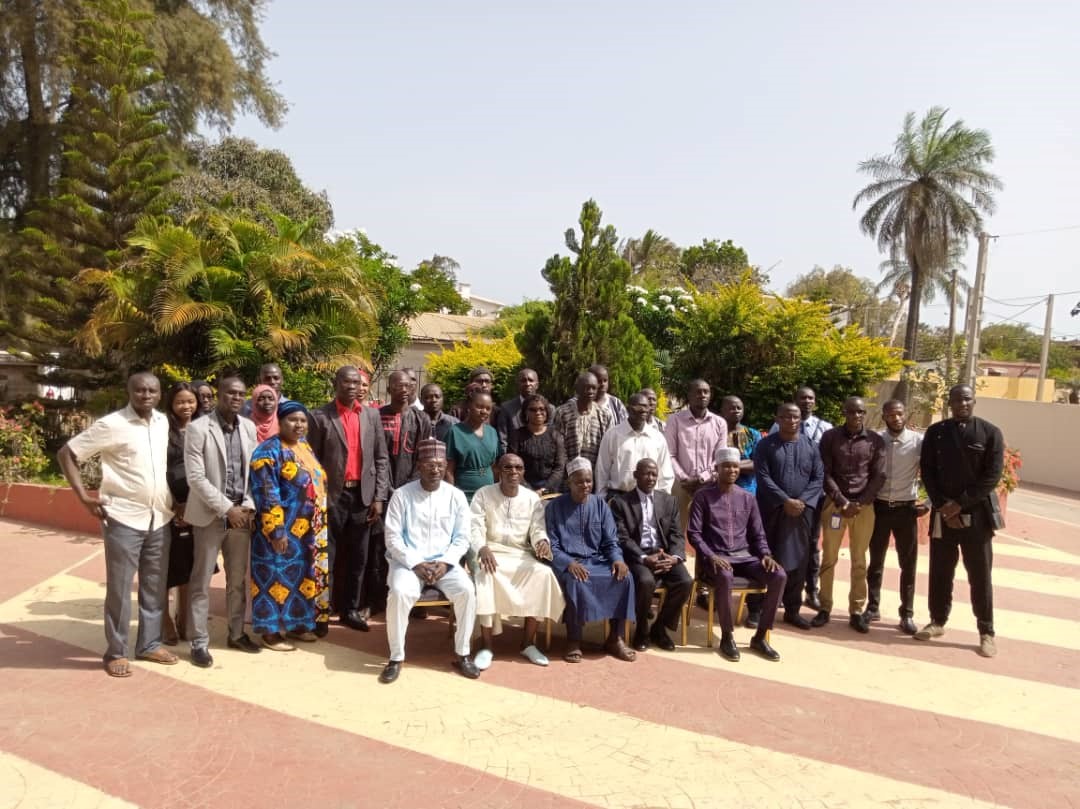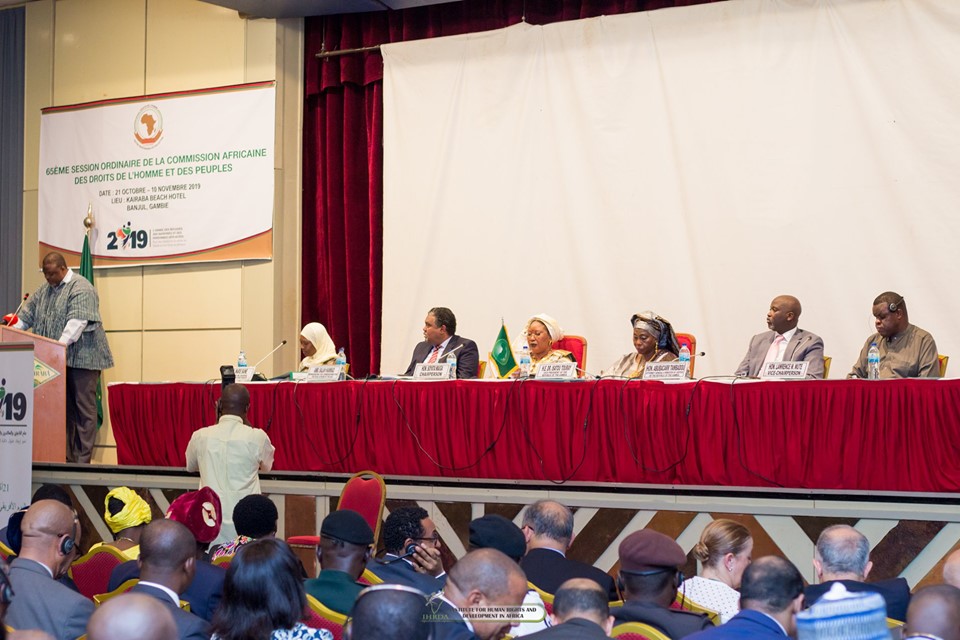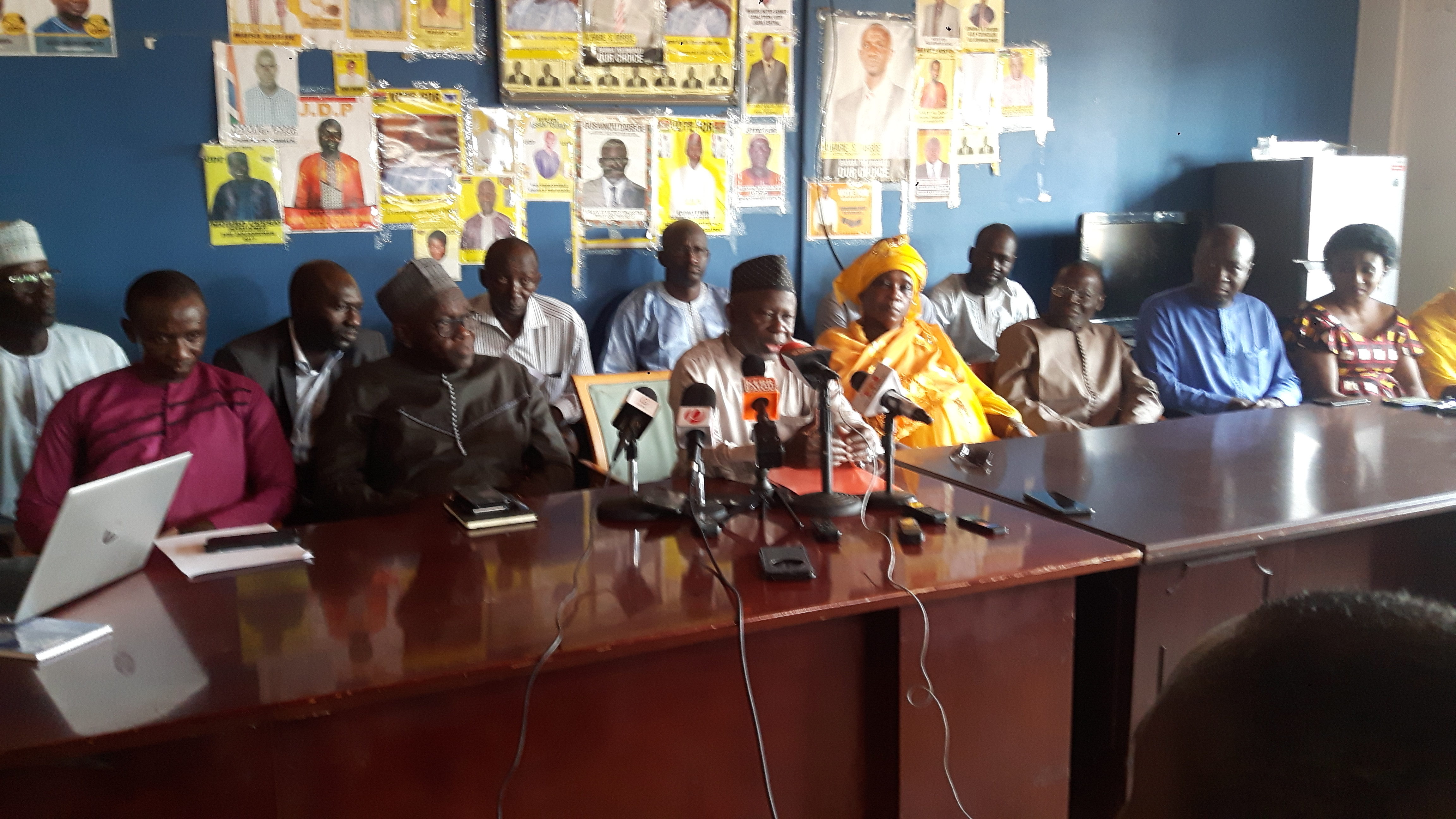By Kebba Ansu Manneh
Yuspha M. Jobe, Director General of Public Utilities Regulatory Authority (PURA) has disclosed that access to safe drinking water and sanitation is a fundamental human right and key to sustainable development. He added that the country cannot afford to paddle the terrain without having a sound legal framework that will guide the nation to transforming the water and sanitation sector.
PURA Director General made this disclosure in a forum where the Authority and key stakeholders converged to validate the national Water and Sewage Service Regulations.
“Access to safe drinking water and sanitation is a fundamental human right and we must acknowledge that water and sanitation are also at the core of sustainable development. The range of services they provide underpin poverty reduction, economic growth, and environmental sustainability,” DG Yuspha M. Jobe disclosed.
However, he went on that “over the years, over-exploitation, pollution, and climate change have led to severe water stress in localities across the world, The Gambia being no exception. It is obvious that we all experiencing the increase in water stress in the country, such as the progressive deterioration of drinking water quality in certain parts of the country, the rapid proliferation of individual boreholes and so forth.”
He observed that the existing water stress is likely to continue with severe implications on health and the ecosystems if efforts are not done to mitigate the impacts of climate change, uncontrolled urbanization, and increased demand for water supply.
According to him, climate change and uncontrolled urbanization can massively slowdown development efforts not only in the water sector but also in other sectors in which water plays a crucial role, noting that as of now 2.2 billion people lack access to safety managed sanitation globally.
“In The Gambia, 84.8% of households have access to basic drinking water sources. However, only 33.8% (1/3) of households are using safely managed drinking water sources.
“It is therefore, now more than ever that we need to transform the way we manage our water resources to deliver water and sanitation services, that is reliable and accessible for all Gambians,” PURA Chief revealed.
The current water and sanitation sector legislature dubbed ‘The National Water Resources Council Act 1979’, he said, is not up to date and is barely adequate for the dynamic challenges in the sector, while affirmed that a sound legal framework is one of the key instruments needed to transform the water and sanitation sector.
DG Jobe revealed further that PURA is proactively contributing to the reform of the water and sanitation sector as well as the transformative process of strengthening the enabling environment. Noting that it is part of PURA’s strategic goal to improve the regulatory framework by coming up with the water and sanitation regulation and develop all required guidelines and standards for its implementation.
DG Jobe added that the water and sanitation regulation will also help improve the performance of the National Water and Electricity Company (NAWEC), also promote competition through private sector licensing to break the monopolistic utility model and improve the governance of the water and sanitation sector.
Alieu M. Ngum, Chairman Board of Directors of PURA highlighted that water and sanitation regulation once validated will play an important role in the progressive transformation of the Gambia water and sanitation sector.
Saying the country needed this regulation to support the implementation of PURA’s policies and laws that the water and sanitation sector have been lacking.
Chairman Ngum, therefore, expressed his strong believe that the regulation will also flank and support the water and sanitation policies, and the implementation of the laws in water, health and environment.
And the regulation will provide the different stakeholders, users, services providers, and regulators with rights and obligations, and clear guidelines to use, manage, and protect the vital resources of the country in the quest to achieving the overall goal of equitable and sustainable water use in the Gambia.
Dembo Fatty, representing the Permanent Secretary of Ministry of Health affirmed the importance of water and sanitation in the country, while calling on participants to have a critical observation of the document and participate effectively towards the validation of such an important national document.





